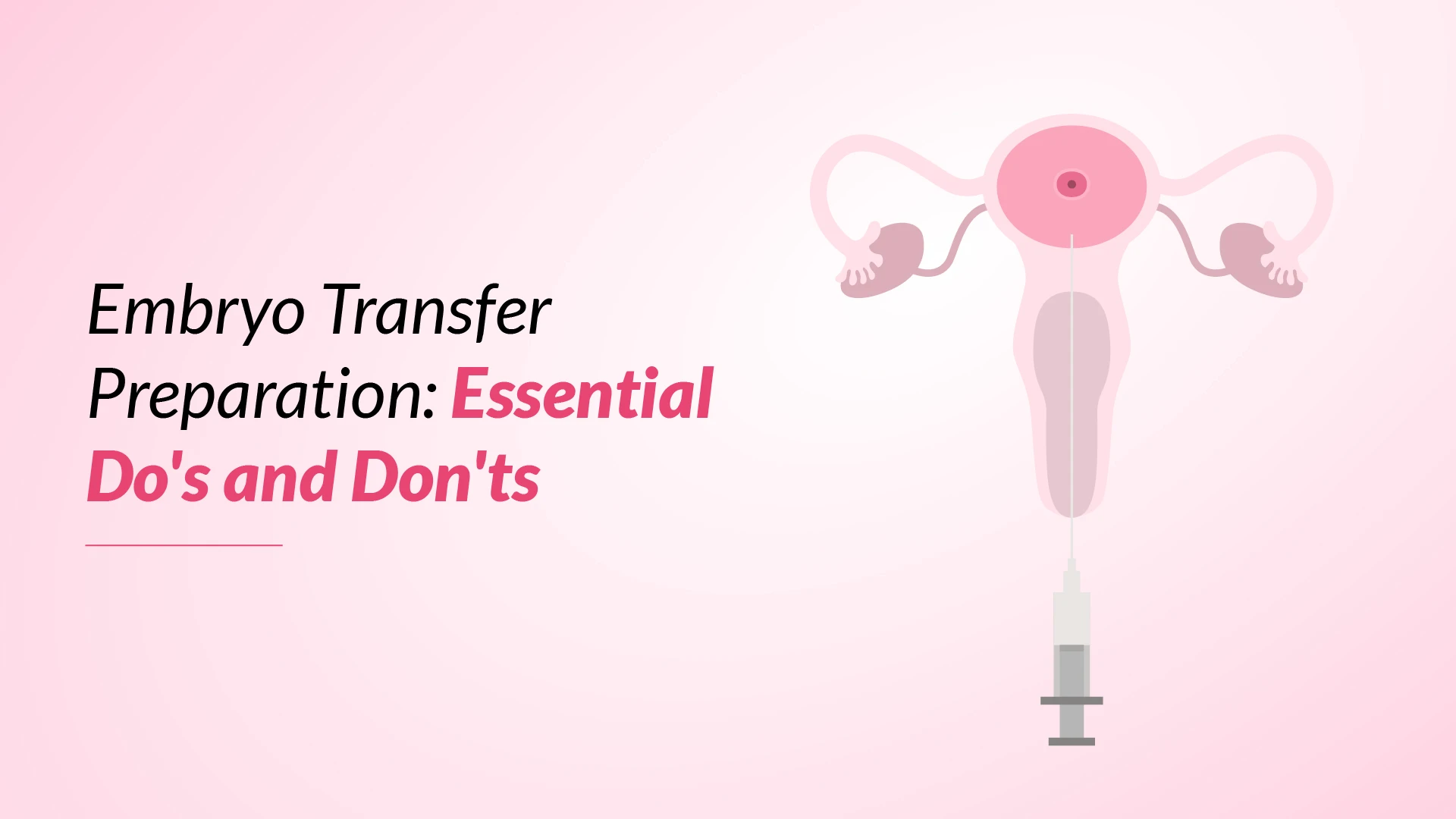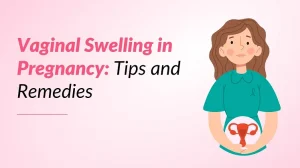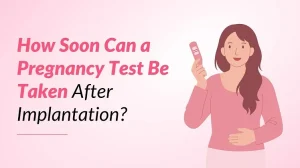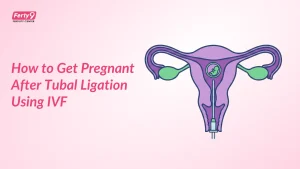The success of an IVF embryo transfer depends heavily on the first few days after the procedure. Following the right steps during this crucial period can improve the chances of successful implantation and pregnancy. Many patients feel uncertain about what they should and shouldn’t do after their embryo transfer and simple daily activities like coughing or sneezing can become a source of worry.
Struggling to conceive? Check our IVF Treatment Cost and Success Rates to plan your journey.
Understanding the dos and don’ts after embryo transfer helps patients confidently navigate this delicate time. These guidelines provide a clear path through the two-week waiting period, from rest to specific activities to avoid. This article outlines essential precautions and best practices to follow after an embryo transfer, helping to optimise the chances of a successful pregnancy.
What is Embryo Transfer?
Embryo transfer is a crucial procedure in the in-vitro fertilisation (IVF) process, where fertilised eggs are carefully placed into a woman’s uterus. Embryo transfer is done either ways Fresh or Frozen marking a significant milestone in fertility treatment.
There are two primary types of embryo transfers. A fresh embryo transfer takes place within three to seven days after egg retrieval, using embryos that haven’t been frozen. In contrast, a frozen embryo transfer uses previously frozen embryos from earlier IVF cycles or donor eggs, which can be performed months or even years after the initial egg retrieval.
The procedure itself is straightforward and similar to a routine pelvic examination. Using ultrasound guidance for precision, the fertility specialist inserts a thin catheter into the uterus via the cervix. The embryos are then carefully placed in the endometrial cavity, a location that research has shown to be optimal for implantation success.
Embryo transfers are particularly beneficial for individuals experiencing:
- Fallopian tube damage or blockage
- Ovulation disorders affecting regular egg production
- Endometriosis impacting reproductive function
- Uterine fibroids interfering with implantation
- Previous tubal ligation
- Male factor infertility issues
The entire embryo transfer procedure takes less than half an hour, with most patients remaining in the clinic for a short observation period afterwards. While fresh transfers offer a shorter time to potential conception, frozen transfers have become increasingly common as they allow for genetic testing before implantation, potentially improving success rates.
The precision and expertise required during embryo transfer make it a defining moment in the IVF journey. The careful placement of embryos and proper timing and preparation create the optimal environment for potential implantation and pregnancy.
Dos After Embryo Transfer
The post-embryo transfer period requires careful attention to specific lifestyle modifications that can support successful implantation. Following these essential guidelines can help create optimal conditions for pregnancy.
Prioritise Rest and Relaxation
The first few days after embryo transfer are crucial for potential implantation. If possible, patients should focus on gentle activities that promote relaxation. While complete bed rest isn’t necessary, reducing physical activity helps minimise stress on the body. Activities that support relaxation include:
- Reading books or magazines
- Listening to calming music
- Practising gentle meditation
- Watching entertaining shows
- Taking short, leisurely walks
Stay Hydrated
Proper hydration has an important role to play in the success of the embryo implantation process. Adequate fluid intake helps maintain optimal blood circulation & the delivery of vital nutrients to the uterus. Patients should try to drink 8-10 glasses of water daily, focusing on room-temperature beverages rather than extremely cold or hot drinks.
Maintain a Nutritious Diet
A well-balanced diet creates an ideal environment for embryo implantation. The body needs specific nutrients to support potential pregnancy and maintain hormonal balance. Focus on consuming:
- Fresh fruits and vegetables rich in antioxidants
- Lean proteins for cellular growth
- Whole grains for sustained energy
- Foods rich in folic acid and iron
- Calcium-rich dairy products
Engage in Gentle Exercise
Light physical activity promotes healthy blood circulation without putting stress on the body. Patients should limit themselves to gentle movements that don’t raise the body temperature significantly or cause physical strain. Walking is particularly beneficial, as it supports blood flow while maintaining a calm state. Exercise sessions should be kept to 30 minutes and performed 2-3 times per week, always within comfortable limits.
Also read: How Exercise Affects Fertility and IVF Outcomes
Don’ts After Embryo Transfer
Following proper after embryo transfer precautions can significantly influence the success of IVF treatment. Understanding what activities and situations to avoid helps patients create the optimal environment for potential implantation.
Avoid Intense Physical Activities
Physical strain can interfere with the implantation process. Patients should avoid these high-impact activities:
- Heavy lifting (more than 10 pounds)
- Running or jogging
- High-intensity workouts
- Aerobic exercises
- Cycling on slopes
- Swimming
- Jumping or bouncing movements
Steer Clear of Stressful Situations
Stress can affect hormonal balance & potentially impact implantation success. Patients should minimise exposure to stressful environments and situations during this crucial period. This includes avoiding work-related pressure, emotional confrontations, and anxiety-inducing scenarios. Instead, focusing on creating a calm and peaceful environment supports the body’s natural processes.
Avoid Excessive Heat
Temperature regulation plays a vital role in embryo development. Patients should avoid situations that could raise their body temperature significantly:
| Activity | Recommendation |
|---|---|
| Baths | Use lukewarm water only |
| Saunas | Avoid completely |
| Hot tubs | Not recommended |
| Steam rooms | Avoid completely |
| Hot foods/drinks | Consume at a moderate temperature |
Say No to Smoking and Alcohol
Both smoking & excessive alcohol consumption can significantly impact IVF success rates. Smoking contains harmful chemicals that can damage embryo development and reduce implantation chances. Similarly, alcohol can interfere with hormone balance and affect the body’s ability to support early pregnancy. Patients should completely avoid these substances during the entire IVF process.
Refrain from Sexual Intercourse
Sexual activity can trigger uterine contractions that might interfere with embryo implantation. Medical professionals recommend avoiding intercourse for at least two weeks after the transfer. This restriction includes the use of tampons or vaginal medications unless specifically prescribed by the fertility specialist. The goal is to maintain a stable uterine environment that supports successful implantation.





























